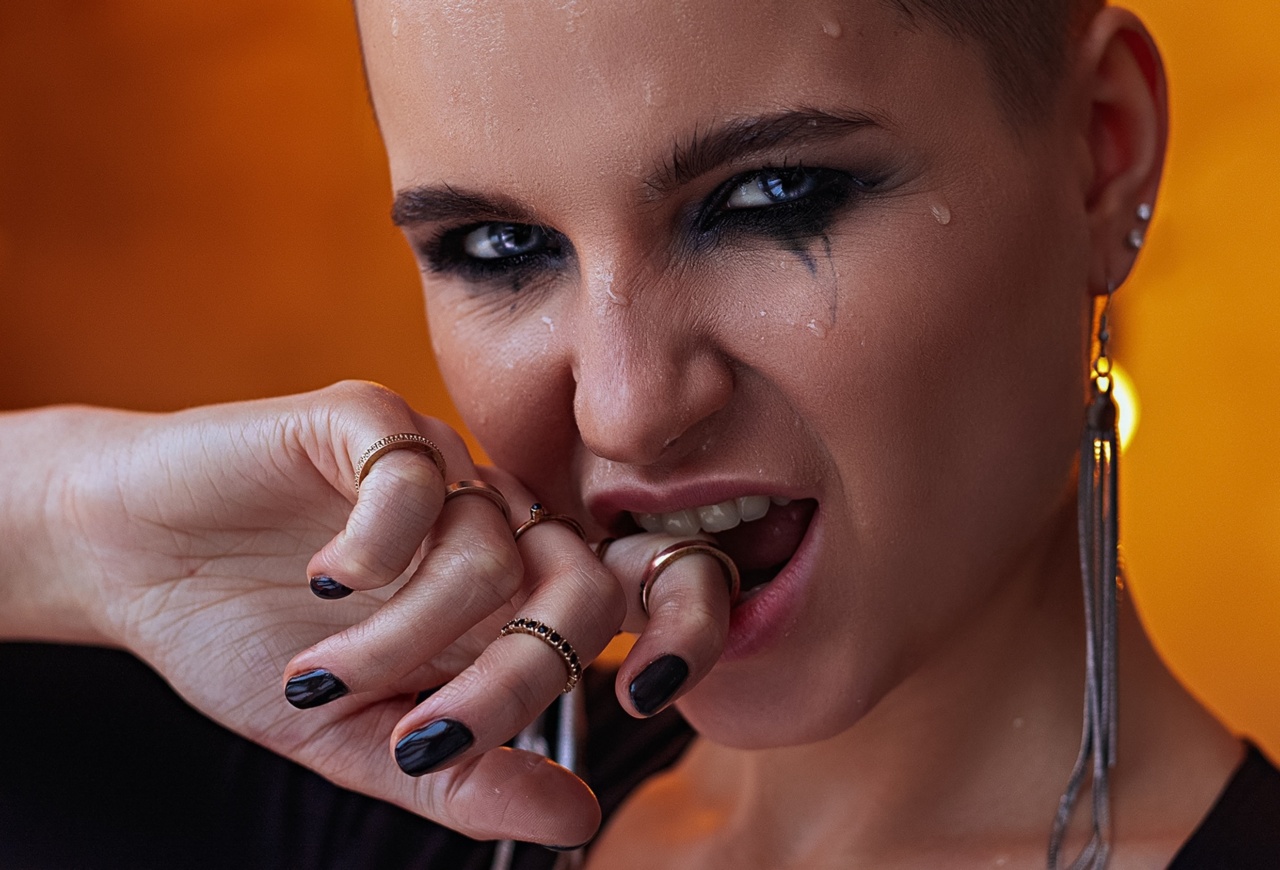Do you have the habit of incessantly biting your nails? If yes, then you are not alone. Nail biting is a common habit that most people develop during childhood or adolescence, and it often persists throughout adulthood.
In this article, we will explore the reasons why humans bite their nails, what it means psychologically, and ways to stop this unfortunate habit.
What is Nail Biting?
Nail biting, scientifically known as onychophagia, is the act of biting or chewing the nails of the fingers or toes. This habit often starts innocuously as a response to boredom, stress, anxiety, hunger, or as a nervous habit.
Usually, nail biting is harmless and goes away without any serious side effects. However, sometimes, it may lead to skin infections, nail infections, dental issues or other oral issues.
Why Do We Bite Our Nails?
The origins of nail biting are a bit of a mystery. Researchers have proposed a few theories to explain its prevalence in humans. Here are the three common reasons:.
: 1. Stress and Anxiety
Nail biting is often linked to our emotions. It’s a coping mechanism employed to relieve stress, anxiety or tension.
Research conducted by the University of Montreal revealed that people who bite their nails are often perfectionists and tend to be anxious. Nail biting provides them with a sense of control and comfort during overwhelming situations, which helps them reduce stress.
: 2. Boredom
Tapping your fingers on a desk, twirling your hair, or fidgeting in a chair are all forms of boredom-induced habits. Similarly, biting your nails can become a mindless habit that eases boredom by providing a sensation of doing something productive.
: 3. Childhood Habits
Nail biting is a habit that often starts in childhood and persists throughout adulthood. Children who are insecure or stressed tend to develop this habit as a way of coping or seeking comfort.
Some children may even learn nail-biting by observing parents or siblings.
The Psychology behind Nail Biting
Nail biting is considered more than just a habit or a routine activity. It’s thought to be a behavioral disorder that falls under the umbrella of obsessive-compulsive disorders.
This condition is characterized by an intense urge to perform certain actions repeatedly, compulsively, or habitually.
According to experts, nail biting is highly associated with psychological disorders, including depression, anxiety, impulsive disorders, and obsessive-compulsive disorder.
It’s believed that individuals who engage in this behavior have a distorted perception of their level of control, and hence the need to perform such repetitive actions that provide them with a false sense of control and comfort.
How to Stop Nail Biting?
If you have been biting your nails for years, don’t worry – it’s not too late to stop. First, know that you are not alone, and there are numerous ways to quit this habit. Here are some tips:.
: 1. Log Your Habit
Keep a journal to note when and why you bite your nails. This helps you understand the triggers and patterns of your behavior, making it easier to adopt new habits.
: 2. Keep Your Nails Short
If you can’t physically bite your nails, the habit will vanish with time. Therefore, keep your nails trimmed neatly and shaped to prevent you from biting them.
: 3. Chew on Gum
Chewing on gum or sugar-free candies helps you keep your mouth and hands busy, diverting your attention from nail biting.
: 4. Get Professional Help
If you have tried to quit nail biting with no success, it’s time to seek professional help. A therapist or counselor can offer effective strategies to help you quit this habit, such as behavioral therapy or cognitive-behavioral therapy.
Final Thoughts
Nail biting is a common habit that has both psychological and physical implications. However, with the right strategies and support, you can overcome this habit and stop biting your nails for good.
Remember to be patient with yourself, and don’t hesitate to seek help if needed.































